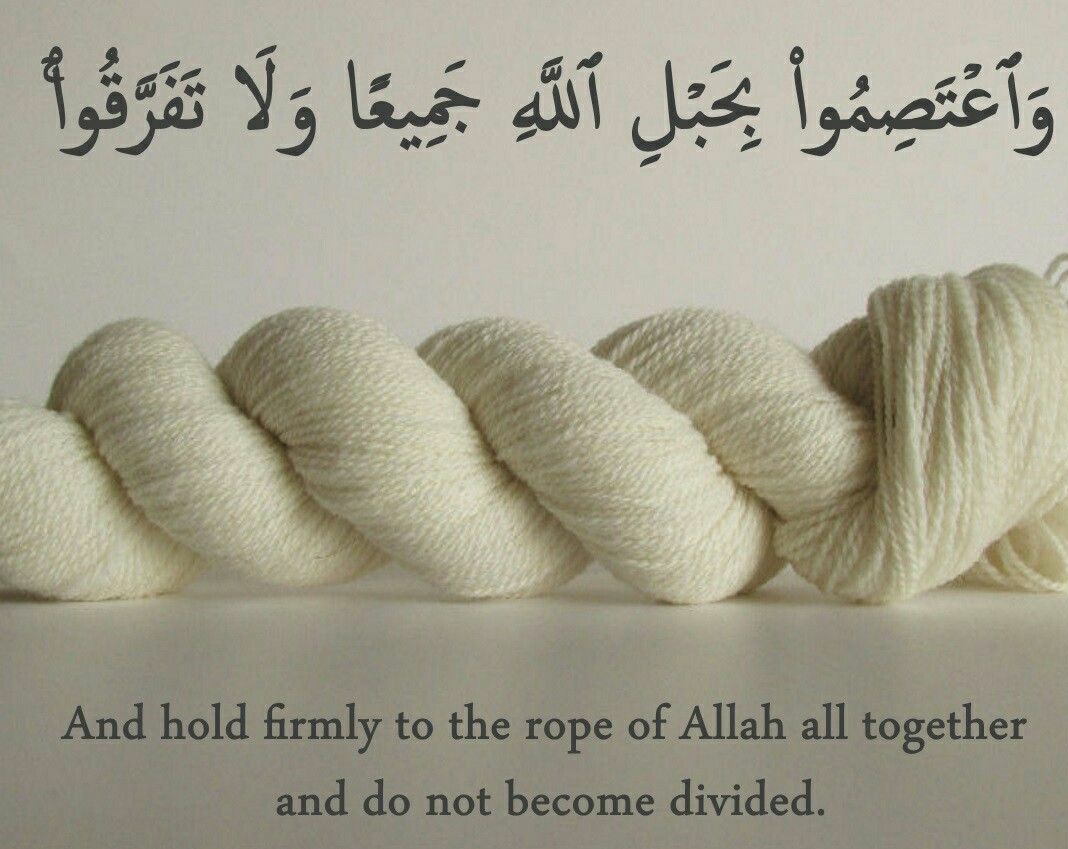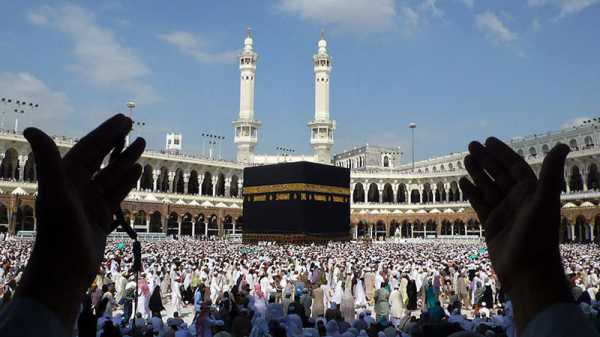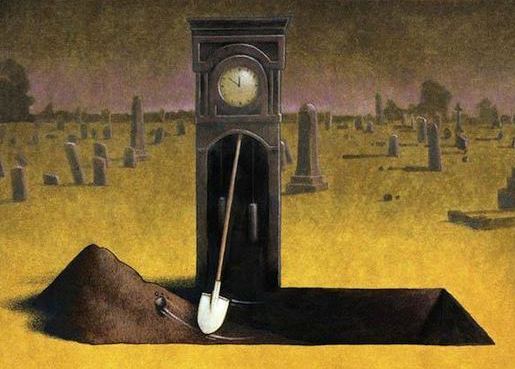بِسْمِ اللهِ الرَّحْمٰنِ الرَّحِيْمِ
Many Muslims in our time tend to focus more on refuting “deviant sects” and telling the Ummah to stay away from certain groups. Let us look at how Allah teaches us to deal with deviancy in the religion, He says in the Qur’an:
But the people divided their religion among them into sects – each faction, in what it has, rejoicing; So leave them in their confusion until a time
[22:53-54]
Islam is no different from any other religion in the fact that there will be people who come up with deviant teachings and interpretations; this will continue to happen. Sometimes our response to this is to call out all the deviant groups, attempt to prove everything they’re doing wrong.
The problem with this is that new groups and sects will always come about, causing merely a back and forth debate between the truth and deviancy thus leaving the most important aspect which is to teach people the correct religion.
If we focus on educating the correct path, we’ll find that the people that have goodness in the hearts – whatever faction they may belong to – will realise what they are missing in their sects and find their way back to it.
Our job as Muslims is to make the correct understanding of Islam a common place and Allah will pull people out of all deviations.
We must adopt the mentality that Allah is teaching us here: leave them, stop passing judgement on them.
There’s a reason why Allah has made the heart hidden from everyone except Himself – it’s so we don’t hold the right to judge eachother. Someone who may seem like a deviant could be more pure of heart than a renowned scholar and Allah will pull them to the truth. At the end of the day, He is the only one capable of guiding or misguiding people.
May Allah bring the Ummah together and place us all on the correct path with the correct understanding of His beautiful Deen.
Allah knows best.





